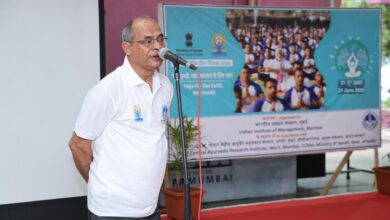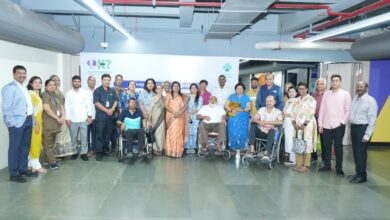During this season, rainwater, drainage, and sewage can easily mix with your drinking water supply. Only a professional lab test can truly determine if your water is safe to drink. This is especially important if you rely on a borewell, a tank, or RO water.
Why do we require Water Testing?
Safeguard Health: Protect your loved ones, staff, and customers from waterborne illnesses.
Identify Problems: Pinpoint specific issues like bacteria, high salt content, or harmful chemicals.
Verify Filtration: Confirm if your RO system or filter is functioning effectively.
Enable Solutions: Get the information needed to choose the right purifier, filter, or treatment.
Peace of Mind: Gain confidence that your water is safe and clean.
What We Test For:
TCQA Labs, an ISO/IEC 17025 Accredited Lab, offers comprehensive water testing services, including:
Drinking Water Testing: As per IS 10500 standards.
Microbiological Testing: Detection of Coliform, E. coli, and more.
Physical & Chemical Parameters: Comprehensive analysis.
Borewell, Tank & Supply Water Analysis.
Water for Industrial Use / RO Plants.
Understanding Your Water Test Report:
We ensure our reports are easy to understand, clearly showing:
- Test Result: The actual value found in your water.
- Permissible Limit: The standard limit (e.g., as per IS 10500)
Here are some key parameters we look for and what they mean:
pH Level: Outside the range of 6.5 to 8.5 can impact taste and health.
TDS (Total Dissolved Solids): High levels can affect taste.
Chloride: High levels can lead to pipe corrosion, bad taste, and may not be safe for drinking, especially for individuals with kidney or BP issues.
Coliform / E. coli: Presence indicates contamination and unsafe drinking water.
Hardness: High hardness can damage pipes, appliances, and alter taste.
Our other Services:
| Environmental Monitoring & Analysis | Drinking Water & Waste-Water Analysis
Ambient Air Monitoring Stack Emission Monitoring (IS Methods) Workplace Monitoring (Form-37) Noise/Lux Monitoring
|
| Calibration Services | Multi-gas Detector Calibration
CEMS Calibration (Continuous Emission Monitoring Services) Gas Detector/Monitor Calibration Flue Gas Monitor Calibration Gas Analyser / PM Analyser Calibration (CPCB Guideline, 2018)
|
| CEMS Quality Assurance Testing:
|
RATA (USEPA test methods on installed CEMS) 40 CFR, Part 75, Appendix B
Calibration Function, EN 14181 QAL1 (Quality Assurance Level_1), EN 15267-3 & EN 14181 QAL2 (Quality Assurance Level_2), EN 14181 QAL3 (Ongoing Quality Assurance), EN 14181 AST (Annual Surveillance Tests), EN 14181 Determination of Homogeneity for Sampling Location at stack (DIN EN 15259) Flue gas monitoring from the stack (European SRM & USEPA methods)
|






